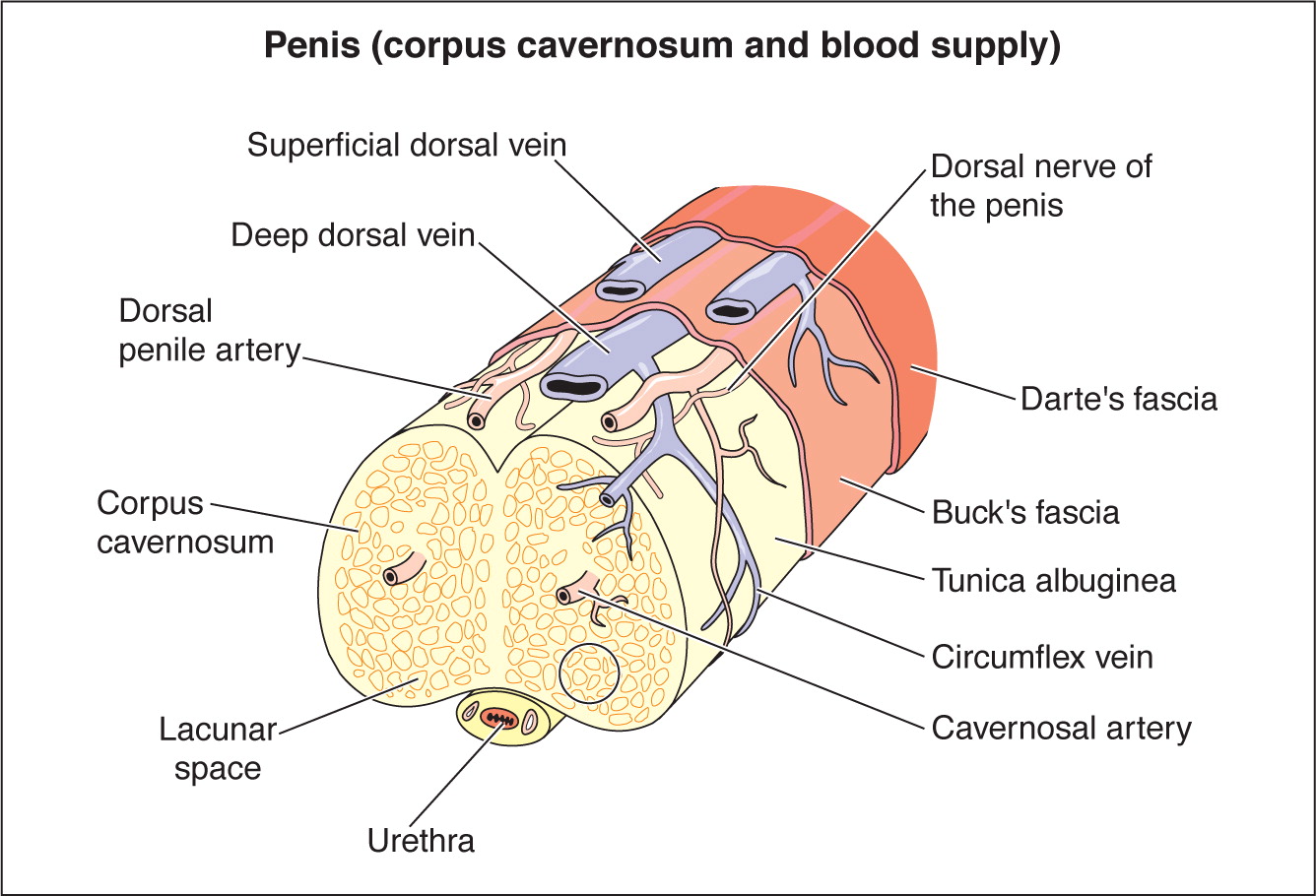
Penis cancer refers to the abnormal growth of cells in the tissues of the penis. It can develop in the skin, glands, or connective tissues of the penis. This condition usually begins in the cells on the surface of the penis and may later spread to deeper tissues if left untreated.
There are several types of penis cancer, including:
- Squamous cell carcinoma
- Basal cell carcinoma
- Melanoma
- Adenocarcinoma
The exact cause of penis cancer is unknown, but certain factors may increase the risk of developing the disease. These factors include:
- Age: Penis cancer is more common in older men.
- HPV infection: Human papillomavirus (HPV) infection is associated with an increased risk of developing penis cancer.
- Poor hygiene: Lack of proper hygiene may contribute to the development of certain types of penis cancer.
- Smoking: Tobacco use has been linked to an increased risk of penis cancer.
The signs and symptoms of penis cancer may include:
- A lump or sore on the penis that does not heal
- Changes in the color or texture of the skin on the penis
- Bleeding or discharge from the penis
- Pain or discomfort in the penis
- Enlarged lymph nodes in the groin area
To diagnose penis cancer, a healthcare professional may perform the following tests and procedures:
- Physical examination: The doctor will examine the penis and the nearby lymph nodes to check for any abnormalities.
- Biopsy: A small sample of tissue will be taken from the affected area and examined under a microscope to determine if cancer cells are present.
- Imaging tests: These may include ultrasound, MRI, or CT scan to evaluate the extent of the cancer and check for any spread to nearby tissues or organs.
The treatment of penis cancer depends on various factors such as the stage of the cancer, the overall health of the patient, and personal preferences. The main treatment options include:
- Surgical procedures
- Radiation therapy
- Chemotherapy
- Targeted therapy
- Immunotherapy
FAQ's
Services
- Kidney Stone
- Kidney Transplant Evalution & Surgery
- BHP
- Uro-Oncology
- Kidney Cancer
- Penis Cancer
- Bladder Cancer
- Prostate Cancer
- Testicular Cancer
- Urethral cancer
- Sexual dysfunction & Male infertility
- Erectile dysfunction and Impotence
- Andrology
- Robotic Surgery
- RIRS
- Blood in Urine
- Urinary Tract Infection
- Urinary Incontinence
- Prostate Gland
- Pediatric Urology & Laparoscopy
- Aging Male
- Female Urology
- Penis Enlargement
- Varicocele
- A-V Fistula & Ralated Vascular Access Surgery
